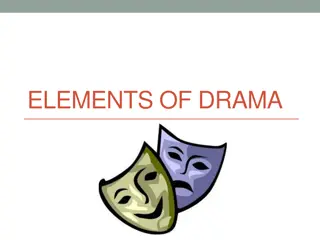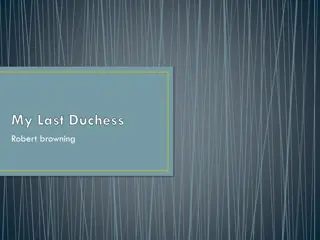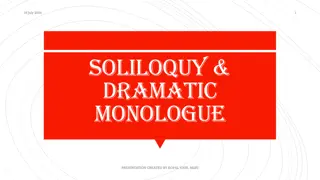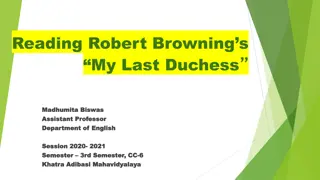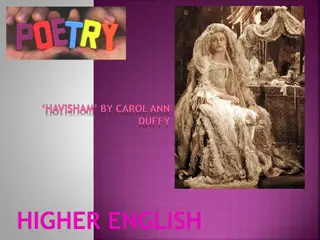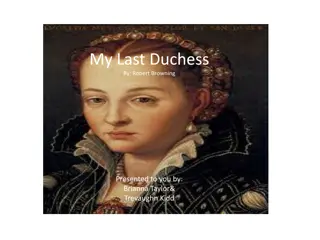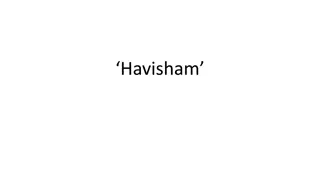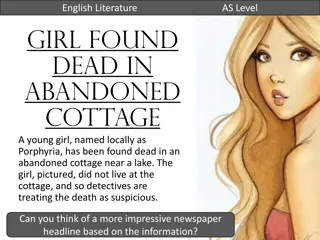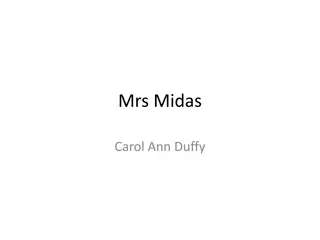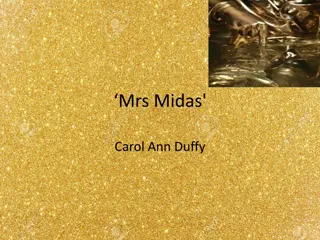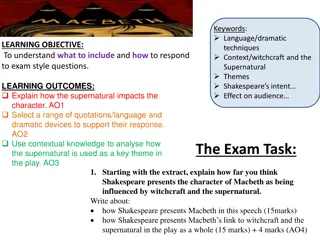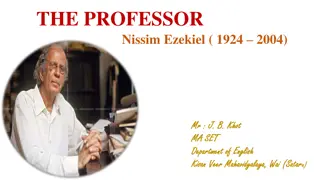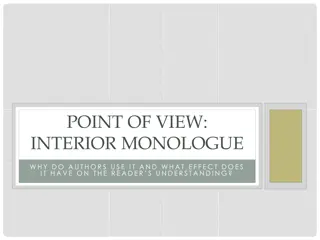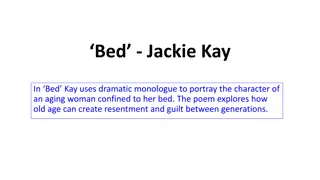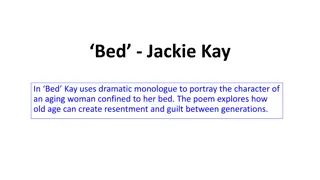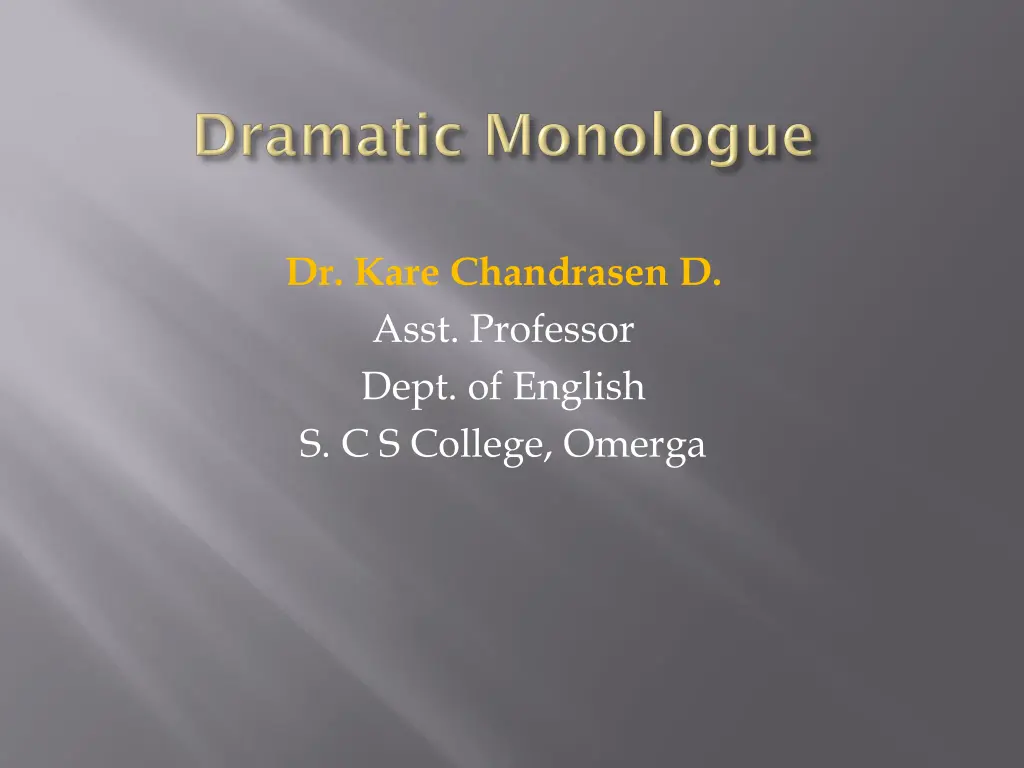
Understanding Browning's Dramatic Monologue Form
Explore the essence of Browning's Dramatic Monologue form, its characteristics, nature, and contribution to poetry, with insights into key works and distinctions from soliloquy. Discover the unique blend of drama and poetry in Browning's literary creations.
Download Presentation

Please find below an Image/Link to download the presentation.
The content on the website is provided AS IS for your information and personal use only. It may not be sold, licensed, or shared on other websites without obtaining consent from the author. If you encounter any issues during the download, it is possible that the publisher has removed the file from their server.
You are allowed to download the files provided on this website for personal or commercial use, subject to the condition that they are used lawfully. All files are the property of their respective owners.
The content on the website is provided AS IS for your information and personal use only. It may not be sold, licensed, or shared on other websites without obtaining consent from the author.
E N D
Presentation Transcript
Dr. Kare Chandrasen D. Asst. Professor Dept. of English S. C S College, Omerga
1) It is a poetic form. 2)Dramatic Monologue is intended for presentation to an audience.
5) He speaks in self- justification or in a mood of detached self-explanation, contented, resigned, impenitent or remorseful. What the author is intent on showing us is the inner man.
Its Dramatic Nature A) The Dramatic Monologue is part drama, part poetry. B) It is a speech in the poetic medium with a dominant dramatic note. C) It could be recited on the stage before an audience ,with or without costume or scenic background. D) It differs from the drama in its compete lack of action and interchange of speech.
Dramatic Monologue vs. Soliloquy A) Dramatic Monologue is addressed to a passive listener by the speaker. The soliloquy is an actor s private thoughts uttered aloud in order to acquaint the audience with what is passing in his mind. They would not be translated into speech. B) The Soliloquy is not supposed to be heard, the Dramatic Monologue is meant to be.
Brownings Contribution to the Form: Browning may be called the chief exponent of Dramatic Monologue. He showed an amazing skill in assuming for this purpose the personality of a figure, historical or imaginary far removed in time. It was Browning who uttered his own thoughts through the mask. He raised it to the rank of a major poetic form by making it the repository of his ripest experience and profoundest reflection. It embodied not only striking revealations of human passions but also valuable passages of ethical teaching.
His Major Poetical Works E.g. 1) The Ring and the Book 2) Mr. Sludge the Medium 3) Bishop Blougram s Apology 4) Andrea del Sarto 5) Men and Women 6) The Epistle of Karshish


